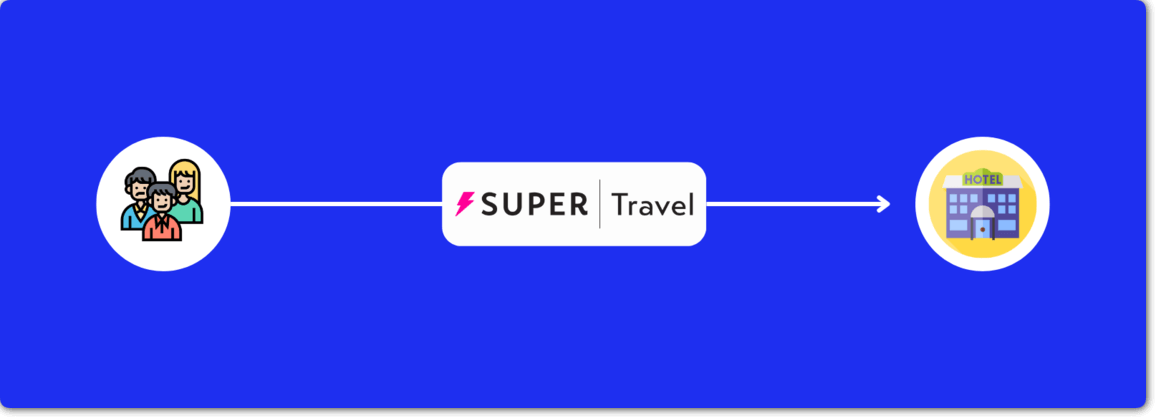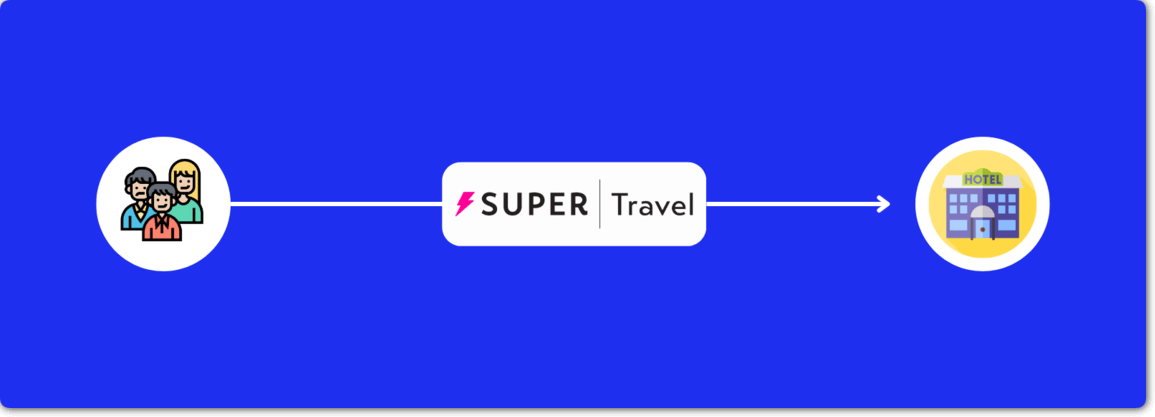Understanding Super Travel Promo Codes
Super travel promo codes offer significant discounts on flights, hotels, and travel packages. Understanding how these codes function, where to find them, and how to effectively use them is crucial for savvy travelers seeking value for their money. This section will explore the user journey of finding and redeeming these codes, highlighting various platforms and search strategies.
Super Travel Promo Code Usage
Users typically search for “super travel promo code” using various s and platforms. Common search terms include “flight promo codes,” “hotel discount codes,” “[airline name] promo code,” or “travel deals.” These searches are often conducted on search engines like Google, Bing, or directly on travel websites and aggregators. Users might also receive promo codes via email marketing campaigns from airlines, hotels, or travel agencies they’ve previously interacted with.
Platforms for Finding Super Travel Promo Codes
Several platforms serve as primary sources for these codes. Travel websites like Expedia, Booking.com, and Kayak often feature promotional offers. Aggregator sites like Groupon or RetailMeNot may list travel-related deals. Email marketing is another significant channel, with airlines and hotels frequently sending out exclusive promo codes to their subscribers.
User Journey Map for Redeeming a Super Travel Promo Code
A typical user journey involves several steps: 1. Searching for relevant s online; 2. Identifying a suitable promo code on a trusted platform; 3. Copying the code; 4. Navigating to the travel booking website; 5. Pasting the code into the designated field during checkout; 6. Verifying the discount application; 7. Completing the booking.
Types of Travel Deals Associated with Promo Codes
Super travel promo codes unlock a range of deals, categorized primarily by discount type. These include percentage discounts, fixed-amount reductions, and the inclusion of free add-ons. Understanding these variations helps travelers choose the most beneficial offer for their specific needs. Terms and conditions, such as blackout dates and minimum stay requirements, are always crucial to review.
Table of Travel Deals
| Deal Type | Discount Amount | Example | Terms & Conditions |
|---|---|---|---|
| Percentage Discount | 20% off flights | Example: Get 20% off your next flight with code SUMMER20 | Valid for travel between June 1st and August 31st; excludes peak season |
| Fixed Amount Discount | $50 off hotel stay | Example: Save $50 on your hotel booking with code HOTEL50 | Minimum stay of 2 nights; not valid for certain hotel chains |
| Free Add-ons | Free checked bag | Example: Get a free checked bag with code FREELUGGAGE | Applicable to specific airlines; limited availability |
| Package Deal | 15% off flights + hotel | Example: Enjoy 15% off your flight and hotel package with code VACATION15 | Valid for specific destinations; limited availability |
Typical Terms and Conditions
Promo codes often come with restrictions. Blackout dates limit travel during peak seasons or holidays. Minimum stay requirements necessitate booking for a certain number of nights. Specific airlines, hotels, or destinations might be excluded. Careful review of these terms is essential before booking.
Competitor Analysis of Promo Code Offers

Analyzing the promo code strategies of major travel companies reveals diverse approaches. This comparison highlights strengths and weaknesses in code structure, distribution, and discount values, offering insights into effective marketing practices. Three major players—Expedia, Booking.com, and Kayak—are examined here.
Comparison of Promo Code Strategies
| Company | Code Structure | Distribution Methods | Typical Discount Value |
|---|---|---|---|
| Expedia | Alphanumeric, often themed (e.g., SUMMERTRAVEL) | Email marketing, website banners, partnerships | 5-20% off, or fixed dollar amounts |
| Booking.com | Alphanumeric, often location-specific | Email marketing, social media promotions, website deals | 10-30% off, or free add-ons |
| Kayak | Alphanumeric, sometimes includes partner codes | Metasearch results, email marketing, partner websites | Variable, depends on partner offers |
Strengths and Weaknesses
Expedia’s broad reach through partnerships is a strength, while Booking.com excels in location-specific deals. Kayak’s metasearch approach provides diverse options but lacks direct control over discount values. Each strategy has its advantages and limitations.
Visual Representation of Promo Code Effectiveness
Visual aids like bar charts, heatmaps, and infographics are powerful tools for demonstrating the reach and impact of promo code campaigns. These visualizations enhance understanding and facilitate decision-making.
Bar Chart Illustrating Reach and Effectiveness, Super travel promo code
A bar chart could show the effectiveness across different demographics (e.g., age, income, travel frequency). For instance, a taller bar for the “Millennials” segment would indicate higher engagement and redemption rates within that demographic. Each bar would represent a demographic segment, and its height would correlate with the percentage of successful code redemptions or bookings driven by the promo code within that segment.
Heatmap Representing Geographic Distribution
A heatmap would visually represent the geographic distribution of promo code usage, using color intensity to show areas with higher usage. Darker shades (e.g., red or purple) would indicate high usage, while lighter shades (e.g., yellow or green) would represent lower usage. The map would be overlaid with a color scale showing the relationship between color intensity and the number of promo code redemptions in each region.
Infographic Highlighting Key Features
An infographic could summarize key features of the promo code offer, including the discount amount, applicable dates, booking platforms, and terms and conditions. It would combine concise text with visually appealing elements like icons, charts, and a clear call to action.
Impact of Promo Code Marketing on Booking Behavior
Super travel promo codes significantly influence consumer booking decisions by providing immediate value and incentivizing quick action. Limited-time offers create urgency, boosting conversion rates. Strategies for extending campaign effectiveness are crucial for maximizing return on investment.
Influence on Booking Decisions
Promo codes incentivize purchases by offering a tangible discount. This lowers the perceived cost, making travel more accessible and attractive to price-sensitive consumers. The offer’s perceived value directly influences the booking decision.
Urgency and Conversion Rates
Limited-time offers create a sense of urgency, prompting immediate action. This fear of missing out (FOMO) is a powerful motivator, increasing conversion rates. Clear deadlines and countdown timers further enhance this effect.
Extending Campaign Lifespan
Strategies to extend the lifespan include tiered discounts (larger discounts for earlier bookings), staggered release of codes, and retargeting campaigns for users who viewed the offer but didn’t book. Analyzing user behavior allows for more targeted and effective campaigns.
Potential Improvements to Promo Code Strategies

Improving discoverability, personalizing offers, and effectively tracking performance are key areas for enhancing promo code strategies. These enhancements lead to increased engagement and higher ROI.
Improving Discoverability
Enhancements include optimizing website search engine optimization (), using targeted social media advertising, and collaborating with travel influencers. Clear and prominent placement of promo code information on booking websites is also crucial.
Personalizing Promo Code Offers
Personalization involves tailoring offers based on past booking history, browsing behavior, and stated preferences. This targeted approach increases relevance and improves conversion rates. AI-powered recommendation engines can facilitate this personalization.
Tracking and Analyzing Campaign Performance
Tracking involves using analytics tools to monitor key metrics such as code redemption rates, booking volumes, and revenue generated. This data provides valuable insights into campaign effectiveness, allowing for continuous improvement and optimization.
